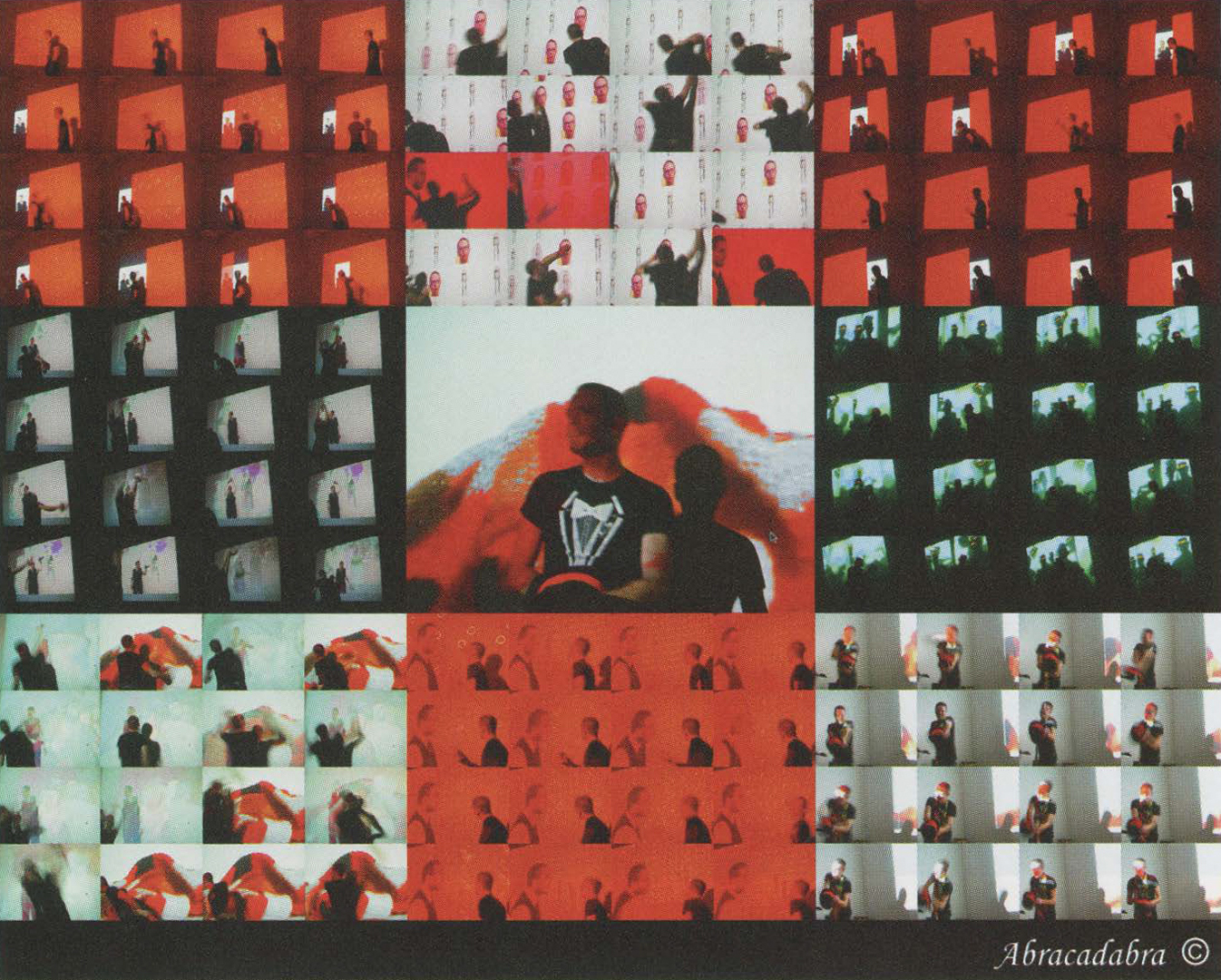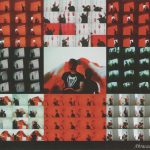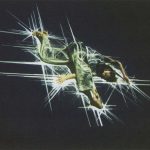Jun Oh, Min Jeong Kang: Abracadabra
Artist(s):
Collaborators:
Title:
- Abracadabra
Exhibition:
- SIGGRAPH 2006: Electronically Mediated Performances
-
More artworks from SIGGRAPH 2006:


Medium:
- Performance art
Category:
Artist Statement:
The mystery and precious memory of viewing a simple “magic show” when we were young has been forgotten. The magic show was always an exciting event that captured our curiosity even though we suspected that it might not be real. Children were encouraged to stretch their imaginations and dream about how they could do magic in their own way.
Based on these experiences, we present a magic show that makes it possible for anybody to participate. This project, rather than being performed by a trained magician, uses performers randomly selected from the audience. For example, children could participate with simple movements such as snapping their fingers to illuminate a magical interactive world.
Essentially, a performer shows various magic gestures, and, through motion capture and video tracking, the heightened visual effects are projected to produce an experience that could not normally be presented by a magician alone.
Technical Information:
This performance-oriented piece is generated by MAX/MSP/Jitter. A video camera captures a performance or gesture and automatically saves it as a movie file. The file is then processed by Jitter and projected on the screen behind the performer. Also, Jitter cross-fades both the pre-recorded videos and real-time visuals. With these visual effects, the audience can get a sense of the magical and interactive setting of the performance. Because the rear projection is divided in half, the audience experiences a mirror effect that at once delays the actions of the magician and ties the performance to the virtual world.
The performer’s movement is also captured by a camera and processed into applied visual effects that are presented on the backdrop. Through motion tracking, the performer can add and subtract layers of other visual effects and enhance the overall experience of the performance.






